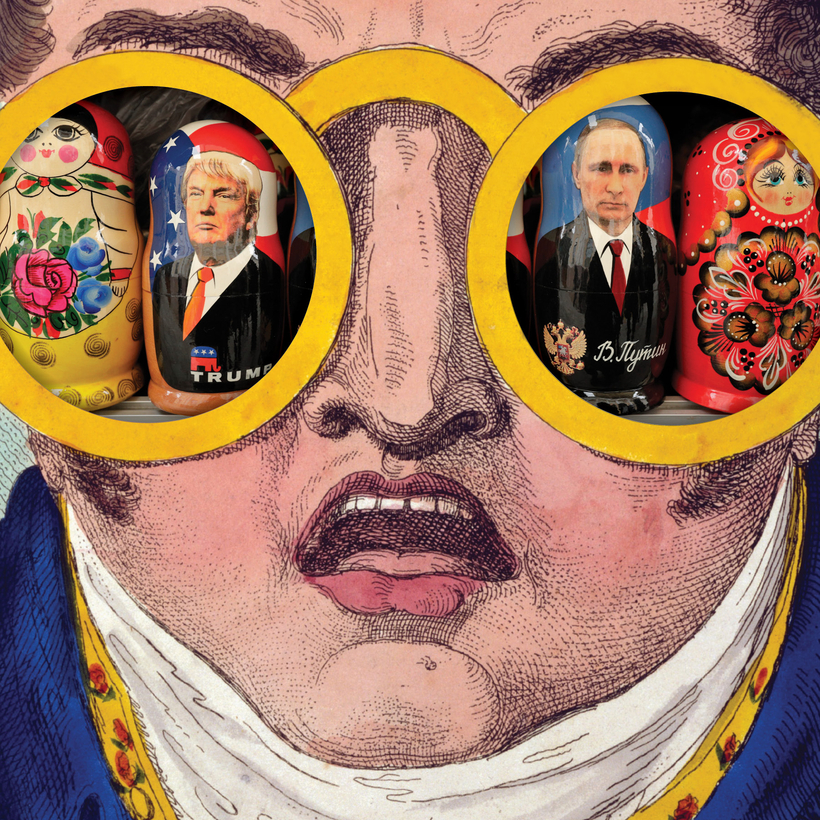On the car radio one low and dreamy male voice says to the other: “Hi, General. What are you expecting of the talks in Istanbul? Have you heard the rumor that at one point Putin and Trump are going to surprise everybody by flying there together?”
“Oh, yes, yes,” says the one called “General.” “Of course they both are awfully busy, but we still hope to see them there.”

